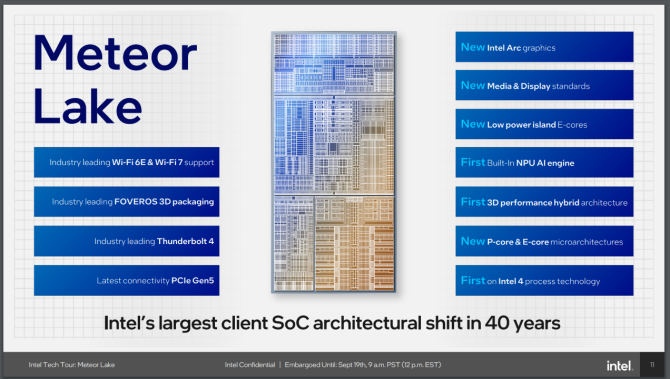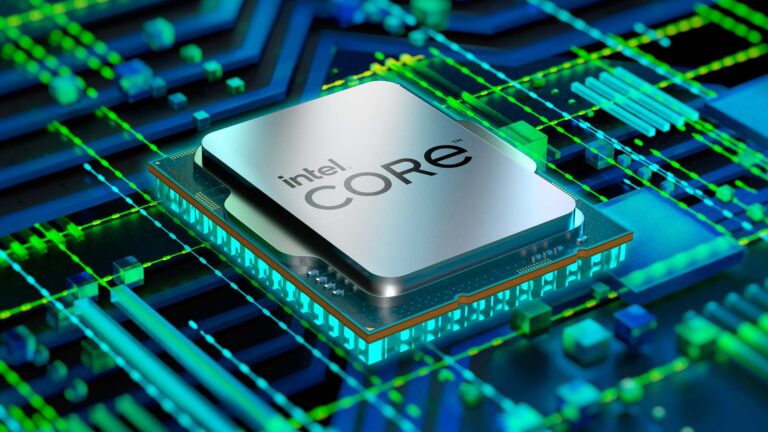With the new AI PC Acceleration Initiative, Intel intends to put its new NPU cores to work.
Consumer electronics have long included hardware that is geared for artificial intelligence, but few programmes make use of it. After announcing Meteor Lake, Intel aims to change that. Along with incorporating AI intelligence inside its new CPU, Intel will collaborate with developers throughout the globe to create hardware and applications that can benefit from the AI intelligence of your PC.
It is known as the AI PC Acceleration Program. The technical teams at Intel want to collaborate with developers of artificial intelligence. The company expects that by providing this support, third parties will be able to quickly prepare their AI-accelerated tools for release and ensure that they fully support Intel’s new AI silicon. Robert Hallock, senior director of technical marketing at Intel, claims that the company would also assist in connecting developers with OEMs that can market and distribute their products.
With the AI PC Acceleration Program, Intel already has more than 100 software providers on board, so this isn’t simply a lofty sales promise. Intel anticipates that by 2025 there will be more than 100 million AI-enhanced PCs, and it anticipates that the majority of these devices will be powered by its new Core Ultra laptop chips with integrated neural processing units (NPUs).
Adobe is one of Intel’s original partners and is openly all-in on generative AI. Recently, the business released Firefly AI tools for Photoshop, enabling designers to edit photos (or produce totally new ones) by typing in a text prompt. Adobe’s decision to include this in its flagship product demonstrates its faith in AI’s future, and Intel’s assistance might greatly enhance Firefly.
To support their AI endeavours, Adobe and other collaborating companies like Audacity, CyberLink, and Topaz Labs will have access to AI toolchains, design tools, technical consultation, co-marketing, and more. Of course, it also benefits Intel if these businesses market goods that have been enhanced for the Core Ultra NPU. Win-win situation.

Furthermore, Intel intends to use its OpenVINO AI toolbox with the Acceleration Program. It released OpenVINO for the first time in 2018, but Intel’s consumer hardware was not the best platform for experimentation. On earlier computers, OpenVINO operated with shared processing resources, but adding an NPU to Meteor Lake may give the toolkit new life. A new 2023 version is now accessible for download by everyone.
Intel might have picked up some tips from the mobile chipset industry. Since a few years ago, AI accelerators have been widespread in smartphones, but hardly any readily available apps or services make use of them. Around the end of this year, laptops will start to feature Meteor Lake CPUs. If Intel had its way, AI acceleration at the hardware level will be available to you. It must take action to increase dwindling CPU sales.

